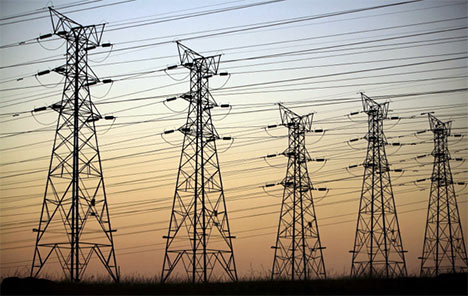
Less than half of the people who took part in a recent U.S. Consumer Energy Usage Survey said they were aware of the smart grid, with just 3.9% classifying themselves as “very knowledgeable”.
So how to bridge the gap? Utilities all over the U.S., from Texas to Maine, have been rolling out smart grid programs with a range of success. KSV has been a partner to several utilities over our three decades in business, and specifically we’re helping one partner in VT implement their smart grid program right now. Here are a few of the things we’ve learned:
- Keep it simple. Smart grid technology is complicated stuff, and it can be easy to lose people in the weeds, especially when customers are just wondering what it is, why they need it, and how it will affect their bills. So start simply, and tie each piece of information back to a consumer reality.
- Cost savings are not guaranteed. We’ve watched several utilities learn this lesson the hard way. Savings will be a result of consumer engagement with their energy usage, not necessarily a result of the smart grid itself. Promising savings is a potential landmine if consumers expect those savings, but don’t change their behavior in any way to achieve them.
- Misperceptions abound. Sure, 39% of respondents say they understand smart grid, but how many actually do? Many misconceptions surround the technology, and what consumers believe they understand may not be accurate. Over 80%, for example, said the primary benefit was saving money, and 65% agree or strongly agree that the loss of privacy is of great concern. And remember, nearly 70% of these people also said they were “not knowledgeable at all” about the smart grid. Education is key.
- Transparency wins. We’ve seen a lot of smart grid campaigns featuring beautiful concepts, big media spends, and elegant ways to present the benefits of smart grid. But in the press, most of the attention goes to protests around privacy concerns, radio frequency poisoning, and questions about information usage. Utilities need to acknowledge the concerns and meet them head on, so consumers understand they are taking them seriously.
Smart grid will bring with it countless opportunities for consumers to educate themselves on energy usage and energy efficiency, and it has the potential to change the relationship between utilities and their customers into a two-way conversation. It’s vital that utilities get out ahead of the questions their customers have and begin communicating early and often about the benefits and realities that smart grid will bring.
